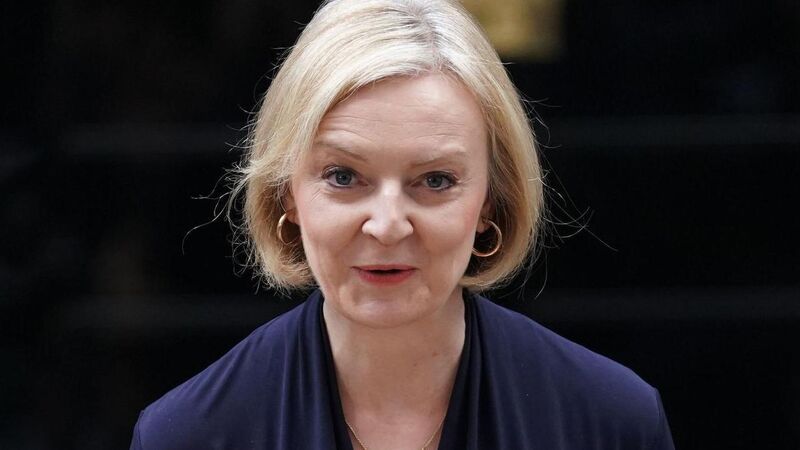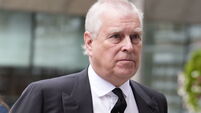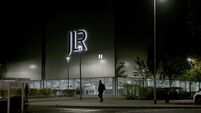Daniel McConnell: Truss' resignation would be funny if it wasn't so serious

Liz Truss makes a statement outside 10 Downing Street, where she announced her resignation as British prime minister. Picture: Kirsty O'Connor/PA Wire
Dear reader, this piece is being written at about 6pm on Thursday evening, so please forgive me if it is now out of date as you read it this morning.
Such has been the pace of events in London in recent days, that it has been extremely taxing to keep apace of everything.















